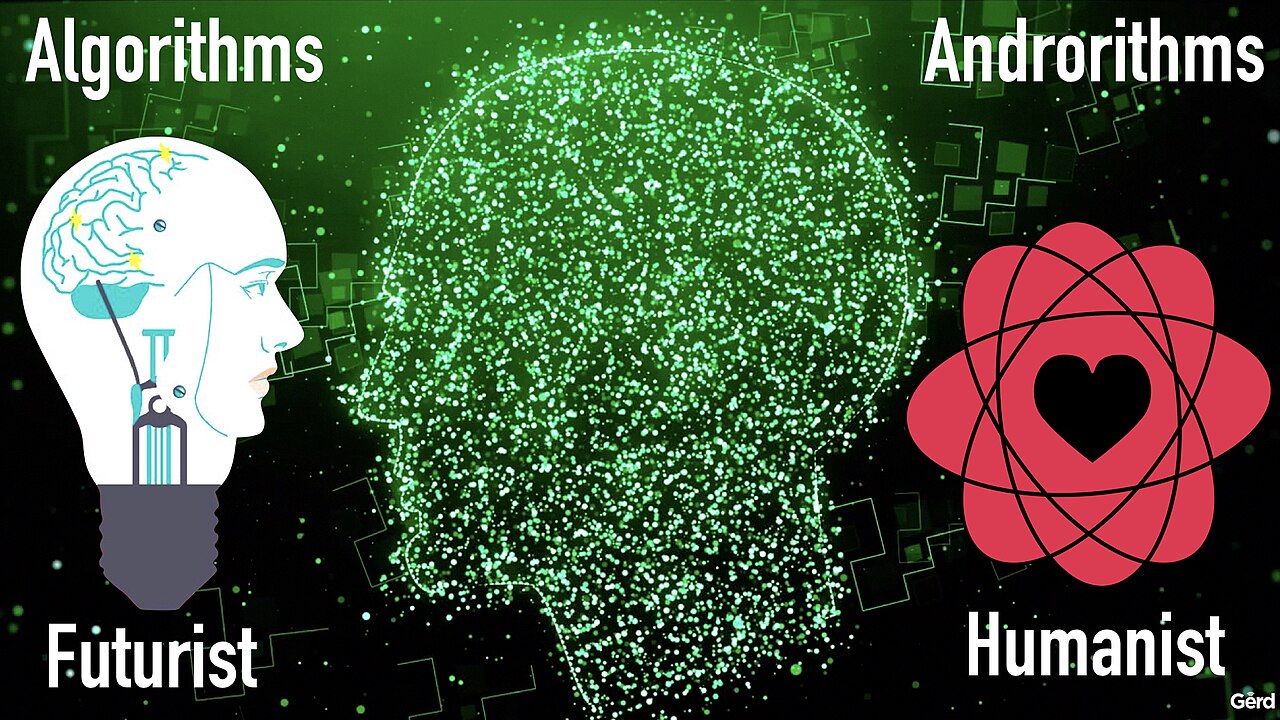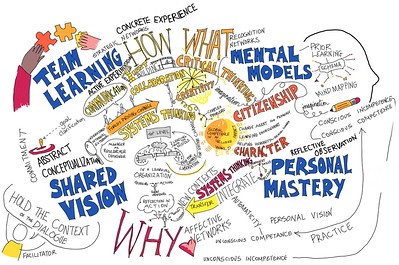Teaching Anthropology (TA) is a peer-reviewed, open-access journal of the Royal Anthropological Institute dedicated to the development of pedagogical theory and educational practice in Anthropology across schools, colleges, and higher education settings. The journal aims to inspire our community with new and emergent ways of working, as well as stimulate dialogue on the development of pedagogical theory, our shared practice, and educational values.
EARLY VIEW
- by Allison Schlosser
- by Shana Harris
- by Nolan Kline
- by Melva Trevino
- by Laura Heinemann
- by Allison Schlosser*
Featured
 Empowering Agents of Change: Environmental Anthropology Education in a Post-COP29 WorldLouana Meloche, Undergraduate Student, University of Toronto Mississauga, Canada The conclusion of The Conference of the Parties of the UNFCCC (COP29) offered a painful but important moment for […]
Empowering Agents of Change: Environmental Anthropology Education in a Post-COP29 WorldLouana Meloche, Undergraduate Student, University of Toronto Mississauga, Canada The conclusion of The Conference of the Parties of the UNFCCC (COP29) offered a painful but important moment for […]
Latest blog posts
 Empowering Agents of Change: Environmental Anthropology Education in a Post-COP29 WorldLouana Meloche, Undergraduate Student, University of Toronto Mississauga, Canada The conclusion of The Conference of the Parties of the UNFCCC (COP29) offered a painful but important moment for reflection on the systemic inequities in global climate policies, illustrating the gaps between the promises of climate […]
Empowering Agents of Change: Environmental Anthropology Education in a Post-COP29 WorldLouana Meloche, Undergraduate Student, University of Toronto Mississauga, Canada The conclusion of The Conference of the Parties of the UNFCCC (COP29) offered a painful but important moment for reflection on the systemic inequities in global climate policies, illustrating the gaps between the promises of climate […] Mentorship in motion: Student perceptions of experiential learning in forensic anthropologyCristina Abbatangelo, Brendan Newton, Ellie Wan, University of Toronto, Canada The experiential learning course “FSC485: Professional Opportunity in Forensic Science” at the University of Toronto Mississauga (UTM) provides upper-year students a unique opportunity to engage in self-directed professional forensic […]
Mentorship in motion: Student perceptions of experiential learning in forensic anthropologyCristina Abbatangelo, Brendan Newton, Ellie Wan, University of Toronto, Canada The experiential learning course “FSC485: Professional Opportunity in Forensic Science” at the University of Toronto Mississauga (UTM) provides upper-year students a unique opportunity to engage in self-directed professional forensic […] The Emic Perspective of Generative AIChloe Beckett, M.A., Nightingale College, South Dakota, US As I grade my Cultural Anthropoloy class’s Emic and Etic Perspectives of Halloween essay, two things strike me: 1. How often I write the comment “Capitalize proper nouns,” and 2. How the Turnitin AI scores keep creeping higher and higher. For anyone who has […]
The Emic Perspective of Generative AIChloe Beckett, M.A., Nightingale College, South Dakota, US As I grade my Cultural Anthropoloy class’s Emic and Etic Perspectives of Halloween essay, two things strike me: 1. How often I write the comment “Capitalize proper nouns,” and 2. How the Turnitin AI scores keep creeping higher and higher. For anyone who has […] Teaching SyndemicsMerrill Singer, PhD, University of Connecticut The COVID-19 pandemic brought enhanced global attention to the anthropological concept of syndemics. A pivotal moment occurred when Richard Horton, Editor-in-Chief of The Lancet, one of the world’s highest-impact academic journals, declared: COVID-19 is not a pandemic. It […]
Teaching SyndemicsMerrill Singer, PhD, University of Connecticut The COVID-19 pandemic brought enhanced global attention to the anthropological concept of syndemics. A pivotal moment occurred when Richard Horton, Editor-in-Chief of The Lancet, one of the world’s highest-impact academic journals, declared: COVID-19 is not a pandemic. It […] Active learning as a pedagogical strategy to enhance the learning of anthropologyMarilou Polymeropoulou, University of Oxford, School of Anthropology and Museum Ethnography Active learning is a well-established pedagogical strategy in secondary and tertiary education where independent learning and critical thinking are nurtured. Learners’ engagement, active participation, and reflection are […]
Active learning as a pedagogical strategy to enhance the learning of anthropologyMarilou Polymeropoulou, University of Oxford, School of Anthropology and Museum Ethnography Active learning is a well-established pedagogical strategy in secondary and tertiary education where independent learning and critical thinking are nurtured. Learners’ engagement, active participation, and reflection are […]


